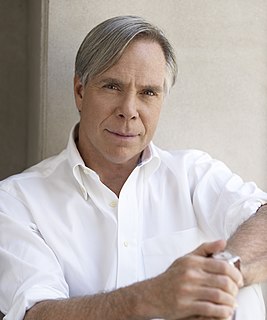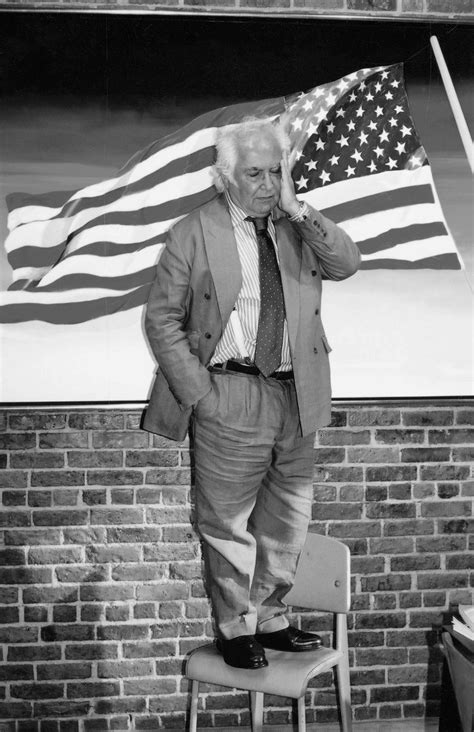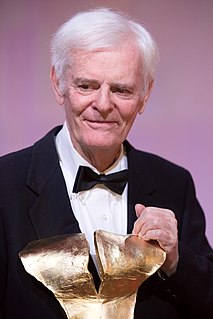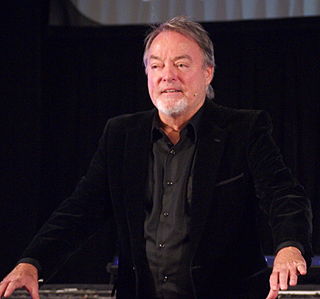A Quote by Ludovico Einaudi
In '68 I was 13 years old, so I was a child, but I felt a lot of excitement in listening to things, looking at the pop art coming over from America. My father was an art collector, and he was coming home with these strange pieces of art that weren't exposed in museums. At the time, it was quite revolutionary, very adventurous.
Related Quotes
Our time and attention is scarce. Art is not that important to us, no matter what we might like to believe... Our love of art is often quite temporary, dependent upon our moods, and our love of art is subservient to our demand for a positive self image. How we look at art should account for those imperfections and work around them. Keep in mind that books, like art museums, are not always geared to the desires of the reader. Maybe we think we are supposed to like tough books, but are we? Who says? Many writers (and art museums) produce for quite a small subsample of the... public.
By the late '50s, something was happening in England, and it got to be quite exciting. The music world then started to explode with the Beatles and the Rolling Stones. It was an incredible time with this mixture of independence in art, fashion, and the explosion of the pop sensibility. London was certainly at the center of it all for a few years. And as far as art is concerned, I think that sensibility of what was later called Pop art started in England even before America. And so I was lucky to be there.
When we even use the term 'specialized world,' we already have a problem! We're making art; they are making art... these worlds are not far apart from each other. For instance, pieces of art that hang on a wall can be seen in museums or can be used in a variety of commercial ways. That art is everywhere, so the message is that it's a part of everyday life.
There are so many people who have a training in art history; and if you've spent time looking at old art, you become attuned to what art does through materiality and so you begin to look to that in contemporary art as well. And anyway, I do think that matching one's experience with what you're looking at and questioning what you're looking inevitably involves materiality, just like it involves the sense of place.
I wasn't exposed to art as I was growing up, and can't recall the first time I saw a work of art. However, I remember very clearly a vision I had of a little green reindeer when I was a child, and visions emanate from the same mythical area where painting resides. Whatever the reason, I immediately felt comfortable working with visual materials.
I don't collect art at all. I'm fascinated by art. I receive a lot of presents. My house is full of things, but I am not a collector; it's just that people I work for, and friends, give me a lot of things. There are pictures all over the walls, sculptures, mobiles and paintings. I am embarrassed because I wonder what I should do with them.
I believe that the art market is in a place similar to the music industry in 2005. Big changes are coming and the art market will most likely be very different in ten years. However, if you are the art equivalent of Van Halen, you don't really have to change anything. But if you are not Van Halen, then it is time to figure how to adapt to all the changes.
Warhol and other Pop artists had brought the art religion of art for art's sake to an end. If art was only business, then rock expressed that transcendental, religious yearning for communal, nonmarket esthetic feeling that official art denied. For a time during the seventies, rock culture became the religion of the avant-garde art world.
Stand-up is an art but since it's humor and it's funny - a lot of guys that don't think it's art are probably coming from the angle that they don't want to take it so seriously. I've always looked at it as an art but I don't look at it as a pretentious art. I understand it has to be taken lightly because it is just comedy in the end, but the good stand-up comics are someone with something to say.








































